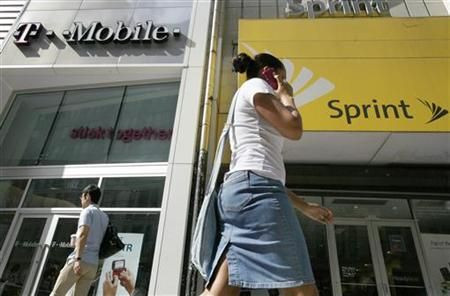Sprint Unveils Network Blueprint, Commits To Clearwire

Sprint's network operations and wholesale president Steven Elfman reiterated Sprint's committment to Clearwire, downplaying speculation that the company might abandon its support for the WiMax network builder.
Our 4G is with Clearwire, Elfman said, while adding there were no plans otherwise. Clearwire, a Kirkland, Wash. based wireless service provider, has recently secured $1.3 billion in debt financing. It is also undergoing arbitration proceedings against Sprint in a dispute over fees for network use, according to Securities and Exchange Commission filings. Elfman would not comment on the arbitration.
He said Clearwire is a part of the plan for Sprint to roll out multimode technologies, which will allow Sprint bring together multiple spectrum bands on one device.
Sprint's recently announced deal with Alcatel-Lucent, Ericsson and Samsung includes a $4-5 billion investment will allow for network flexibility and have a net benefit of $10-11 billion. This will allow us to support devices with multimode chipsets, Elfman said. Currently, Sprint has 800MHz spectrum, 1.9GHz spectrum and, through its relationship with Clearwire, 2.5GHz spectrum.
The new multimode technology will reduce operating costs by increasing efficiency, reduce Sprint's carbon footprint and ensure the most effective expansion of 4G. This expansion could mean a shift to LTE, which uses WiMax technology for 4G.
Richard Siderman, managing director at Standard and Poor's, said during a telecom panel that Clearwire and Sprint were two parties that need one another, as the former takes pressure of the former from a network standpoint.
For the multimode technology, Elfman said Sprint chose Alcatel-Lucent, Ericsson and Samsung based on price, technological capabilities and service. He said they used a reverse auction process.
The new network vision also includes the implementation of push to talk services. The plan, which is slated to roll out in 2011, will roll out on Qualcomm's CDMA network. It will be more data centric than previous generations, notably the Nextel network, which will be phased out.
He said while no other wireless service providers offer this multimode technology, it's likely they will all adopt it at some point. This is not a custom Sprint technology, vendors are offering it everywhere, Elfman said.
© Copyright IBTimes 2025. All rights reserved.




















